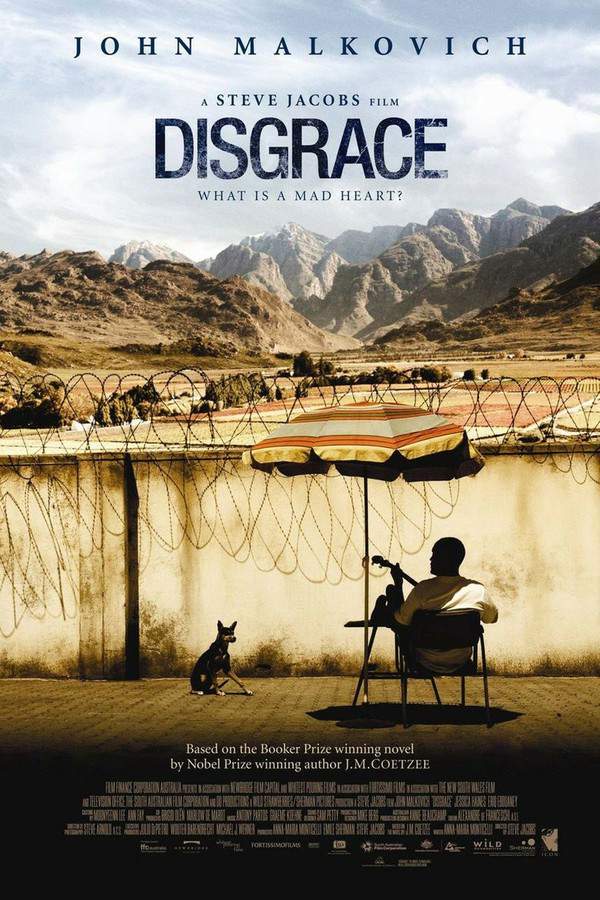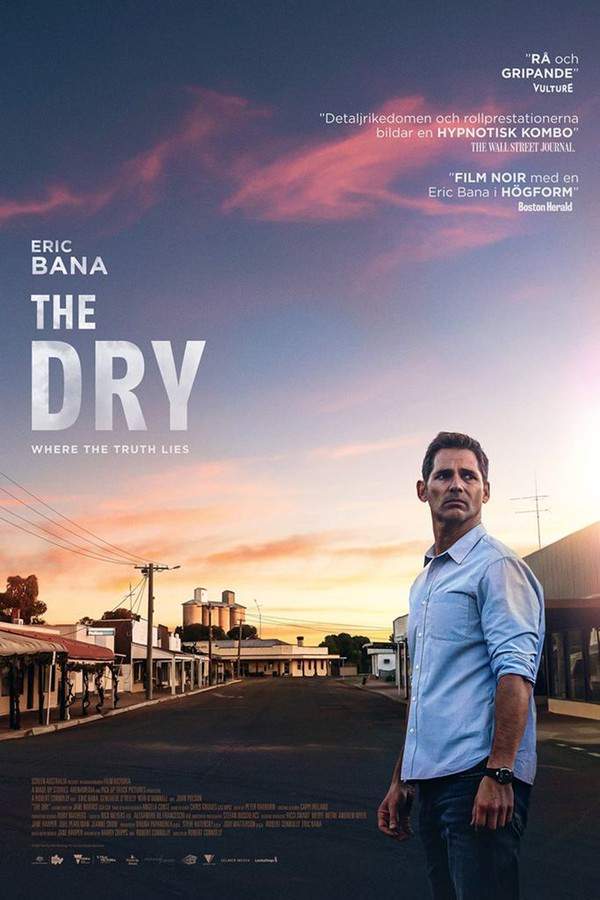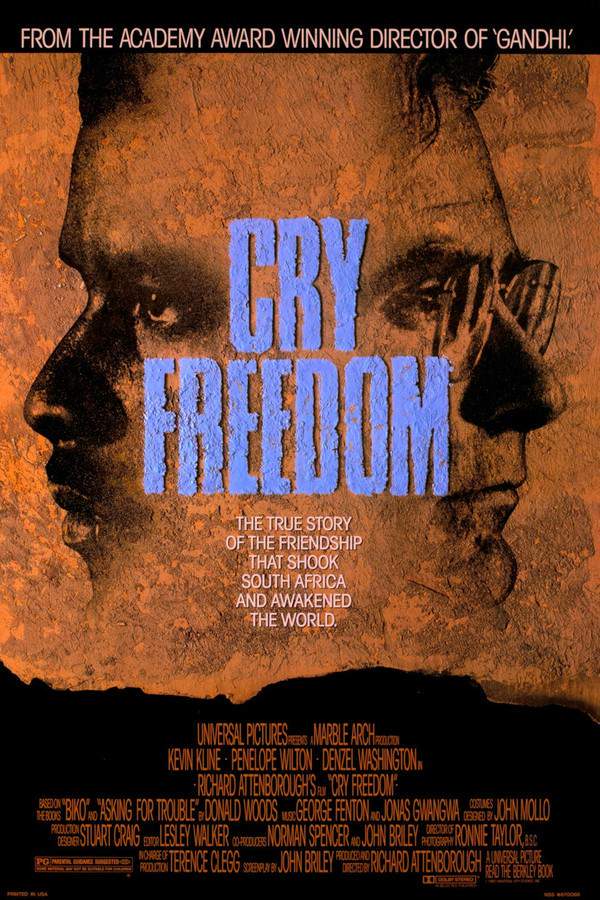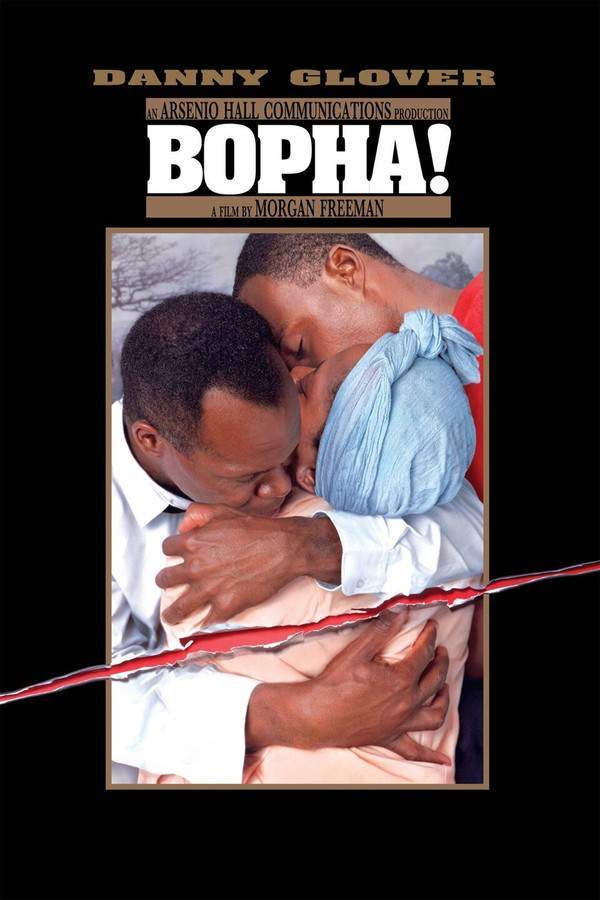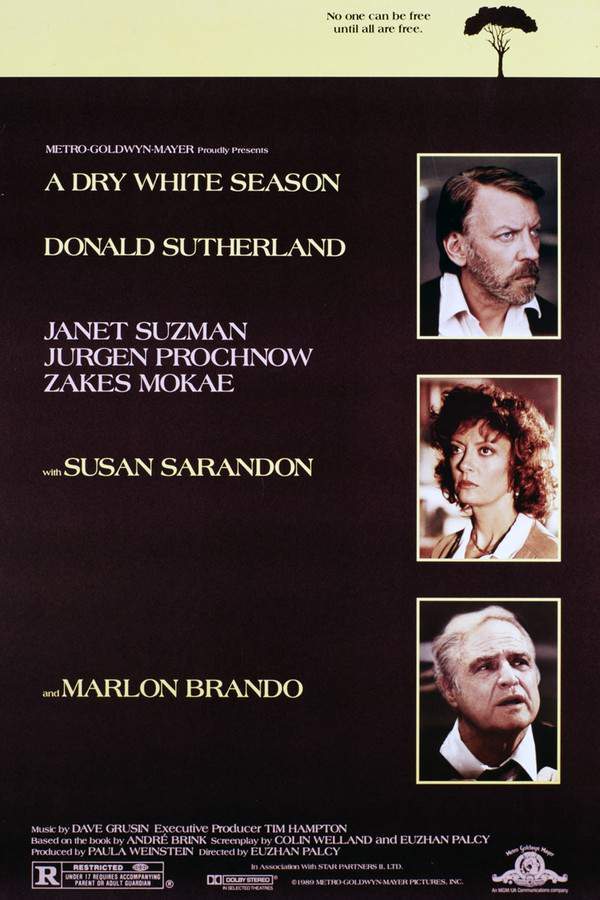
A Dry White Season 1989
Directed by

Euzhan Palcy
Made by

Metro-Goldwyn-Mayer (MGM)
Test your knowledge of A Dry White Season with our quiz!
A Dry White Season Plot Summary
Read the complete plot summary and ending explained for A Dry White Season (1989). From turning points to emotional moments, uncover what really happened and why it matters.
In 1976, amid the tumult of apartheid in South Africa, Ben Du Toit (Donald Sutherland), a school teacher at a whites-only institution, finds himself entangled in a harrowing incident. The son of his gardener, Gordon Ngubene (portrayed by Winston Ntshona), faces brutal police violence while participating in a peaceful protest advocating for improved educational rights for black South Africans. When Gordon seeks Ben’s assistance, he is met with hesitation; Ben places his trust in the authorities. Tragically, this decision backfires, leading to Gordon’s arrest and subsequent torture at the hands of Captain Stolz (Jürgen Prochnow).
Despite the protests of his wife, Susan (Janet Suzman), and their daughter, Suzette (Susannah Harker), Ben is compelled to investigate the mystery surrounding his gardener’s disappearance. His quest reveals the chilling reality of Gordon and his son’s murders, a discovery that ignites Ben’s resolve to take action. With Ian McKenzie (Marlon Brando) as his attorney, he attempts to bring the injustices to light in court, only to face defeat. Undeterred, Ben forms alliances with members of the black community, including his driver Stanley Makhaya (Zakes Mokae), in a grassroots effort to inspire social change.
As tensions rise, the police become aware of Ben’s actions, leading to the detention of several key individuals involved in their campaign. To support a civil suit, Ben gathers affidavits and discreetly stores them in his home. He confides in his son about his plans, and the two siblings become privy to the location of the hidden evidence. However, their efforts are thwarted when the police conduct a search, resulting in a dangerous explosion triggered by a betrayal from Suzette.
Amidst escalating violence, Emily, Gordon’s wife, is tragically killed after she resists eviction from her home, leading to the disintegration of Ben’s family as Susan and Suzette leave him. In a desperate attempt to protect the incriminating documents, Ben meets his daughter at a restaurant, where he hands her what she believes to be the crucial papers, only for him to secretly substitute them with a book on art.
In a heart-wrenching climax, Ben’s fight for justice costs him dearly. He ultimately meets a grim fate at the hands of Captain Stolz, who is later avenged by Stanley’s desperate act of violence. The story highlights the extreme struggles against systemic oppression, the sacrifice for truth, and the devastating personal toll such battles can extract.
A Dry White Season Timeline
Follow the complete movie timeline of A Dry White Season (1989) with every major event in chronological order. Great for understanding complex plots and story progression.
Ben's Comfortable Life
In 1976, Ben Du Toit lives a relatively comfortable life as a school teacher at a whites-only institution in apartheid South Africa. His life, surrounded by privilege, begins to unravel as he becomes increasingly aware of the injustices faced by the black community, especially concerning educational rights.
Gordon's Protest
Gordon Ngubene, the son of Ben's gardener, participates in a peaceful protest advocating for educational rights for black South Africans. His decision to speak out against oppression leads him into conflict with the authorities, resulting in a harrowing encounter with police violence.
Hesitation and Trust
When Gordon approaches Ben for help following his arrest, Ben hesitates, mistakenly trusting the systemic authorities to rectify the situation. This misplaced faith ultimately results in Gordon being subjected to brutal treatment and torture.
Investigation Begins
Compelled by a sense of guilt and the protests of his wife Susan, Ben begins to investigate the circumstances surrounding Gordon's disappearance. His search reveals the chilling truth of Gordon and his son's murders, which ignites a fire within him to seek justice.
Seeking Legal Help
Ben approaches Ian McKenzie, an attorney, in a bid to bring the injustices to light in court. Despite bringing his case forth, they face an uphill battle against systemic racism, culminating in their eventual defeat in the courtroom.
Building Alliances
Undeterred by the courtroom loss, Ben forges alliances with members of the black community, including his driver Stanley Makhaya. Through this grassroots effort, they aim to inspire social change and raise awareness about the oppressive system they are fighting against.
Increased Police Presence
As Ben's efforts gain momentum, the police take notice of his actions, leading to the detention of key individuals within their campaign. The increasing scrutiny puts everyone involved in danger and heightens the atmosphere of fear and repression.
Gathering Evidence
To support the civil suit, Ben gathers affidavits that document the injustices faced by the black community and stores them in his home. This act involves a significant personal risk, as it places him even closer to the authorities he is challenging.
A Family Torn Apart
As tension escalates, Ben's family begins to fray. Susan and Suzette leave him, unable to cope with the threats and dangers that have intruded into their lives as a result of Ben's activism.
Explosive Betrayal
In a devastating turn of events, a police search leads to an explosion caused by Suzette's betrayal, which exposes the family's efforts and puts them in grave danger. The repercussions of this betrayal resonate through Ben's already fractured family.
Emily's Tragic Death
Gordon's wife, Emily, is killed by the police after she resists eviction from her home. This tragedy serves as a catalyst for Ben, further motivating him to fight against the injustices while marking the personal toll of his battle for truth.
The Final Confrontation
In a heartbreaking climax, Ben meets a grim fate as Captain Stolz confronts him. His relentless quest for justice comes at the ultimate cost, highlighting the dangerous reality faced by those who oppose systemic oppression.
Stanley's Act of Revenge
After Ben's death, Stanley Makhaya seeks revenge against Captain Stolz for the loss of Ben and for the oppressive regime's violence. This act of vengeance symbolizes the struggle and familial bonds formed through their shared fight against injustice.
Legacy of Sacrifice
The entire narrative underscores the extreme struggles against systemic oppression, emphasizing the sacrifices made for the pursuit of truth and justice. It serves as a poignant reminder of the personal toll such battles can extract from those who dare to stand against injustice.
A Dry White Season Characters
Explore all characters from A Dry White Season (1989). Get detailed profiles with their roles, arcs, and key relationships explained.
Ben Du Toit
Ben Du Toit is a school teacher whose life takes a dramatic turn as he confronts the cruel realities of apartheid. Initially seen as a passive character, his journey reveals a deep commitment to justice as he risks everything to seek the truth about his gardener's son. His transformation from a hesitant bystander to a determined activist serves as the film's emotional core.
Gordon Ngubene
Gordon Ngubene is the gardener whose tragic fate ignites Ben's transformation and quest for justice. His initial role as a peaceful protester reflects the courage of those who oppose oppression, yet his brutal encounter with the police underscores the extreme dangers faced by black South Africans during apartheid. His suffering resonates throughout Ben's journey.
Susan Du Toit
Susan Du Toit serves as a voice of reason and caution, representing the internal familial conflicts sparked by Ben's activism. Her protests against Ben's reckless decisions reveal the personal stakes of the political turmoil. Ultimately, her departure signifies the devastating impact of systemic oppression on familial bonds.
Stanley Makhaya
Stanley Makhaya is Ben's driver and ally, whose character embodies the resilience of the black community in the face of adversity. His transformation from supporter to active participant in the resistance highlights the collaborative spirit among oppressed individuals seeking change. Stanley's desperate actions towards the end illustrate the themes of vengeance and justice.
A Dry White Season Settings
Learn where and when A Dry White Season (1989) takes place. Explore the film’s settings, era, and how they shape the narrative.
Time period
1976
The story takes place during the mid-1970s, a pivotal era in South African history characterized by significant upheaval and resistance against apartheid. Notably, the Soweto Uprising occurred in 1976, where students protested for better educational rights, leading to violent clashes with police. This tumultuous environment serves as a backdrop for personal and political struggles depicted in the film.
Location
South Africa
The film is set in South Africa during the oppressive apartheid regime, a period marked by racial segregation and systemic discrimination against non-white communities. Major cities become focal points for protests and civil disobedience, reflecting the societal tensions of the time. The landscape embodies the disparities between the affluent white neighborhoods and the impoverished black townships.
A Dry White Season Themes
Discover the main themes in A Dry White Season (1989). Analyze the deeper meanings, emotional layers, and social commentary behind the film.
⚖️
Justice
The film poignantly explores the theme of justice, particularly how it is systematically denied to oppressed communities. Ben's awakening and subsequent actions illustrate the personal costs associated with fighting for truth and accountability in a corrupt system. The struggle against institutional racism resonates deeply, exemplifying the broader fight for human rights.
💔
Sacrifice
Sacrifice is a central theme, as Ben Du Toit's journey illustrates the personal toll of standing against injustice. His commitment to uncovering the truth leads to profound losses, including his family relationships. The emotional and physical sacrifices of characters, like Emily, highlight the high stakes of their resistance against oppression.

Coming soon on iOS and Android
The Plot Explained Mobile App
From blockbusters to hidden gems — dive into movie stories anytime, anywhere. Save your favorites, discover plots faster, and never miss a twist again.
Sign up to be the first to know when we launch. Your email stays private — always.
A Dry White Season Spoiler-Free Summary
Discover the spoiler-free summary of A Dry White Season (1989). Get a concise overview without any spoilers.
In the heat‑scorched streets of 1970s South Africa, a country split by the brutal logic of apartheid, the world feels both oppressive and fragile. The film paints a vivid portrait of a society where legal segregation is enforced with an almost ceremonial normalcy, and where the everyday routines of a privileged few mask the simmering unrest of the many. The stark visual palette—dusty classrooms, tightly fenced suburbs, and the looming presence of armed patrols—creates a mood that is simultaneously austere and charged with quiet tension.
At the center of this fractured landscape is Ben du Toit, a white schoolteacher whose life revolves around the orderly rhythms of a whites‑only academy. His comfortable existence is shaken when a tragic loss forces him to confront the stark realities hidden behind the veneer of “law and order.” As he begins to question the assumptions that have long guided his world, Ben finds himself drawn into a moral crossroads that challenges not only his professional identity but also the foundations of his personal beliefs.
Ben’s growing resolve brings him into contact with Ian McKenzie, a seasoned lawyer whose reputation for confronting the system offers a glimmer of hope amid the pervasive silence. Their tentative partnership hints at a larger struggle, suggesting that the fight for truth may require both legal acumen and personal courage. Meanwhile, Ben’s family—Susan and their daughter Suzette—represent the familiar comforts and expectations of his former life, providing a subtle counterpoint to the unsettling path he is beginning to tread.
The film thrives on its restrained yet powerful atmosphere, allowing the audience to feel the weight of each decision without revealing the outcomes. It invites viewers to watch as one man’s quiet awakening begins to ripple through a community caught in a web of injustice, promising a journey that is as much about inner transformation as it is about confronting a system built on oppression.
Can’t find your movie? Request a summary here.
Movies with Similar Twists and Themes
Uncover films that echo the narrative beats, emotional arcs, or dramatic twists of the one you're exploring. These recommendations are handpicked based on story depth, thematic resonance, and spoiler-worthy moments — perfect for fans who crave more of the same intrigue.
Featured on this page

What's After the Movie?
Not sure whether to stay after the credits? Find out!
Explore Our Movie Platform
New Movie Releases (2025)
Famous Movie Actors
Top Film Production Studios
Movie Plot Summaries & Endings
Major Movie Awards & Winners
Best Concert Films & Music Documentaries
Movie Collections and Curated Lists
© 2025 What's After the Movie. All rights reserved.


